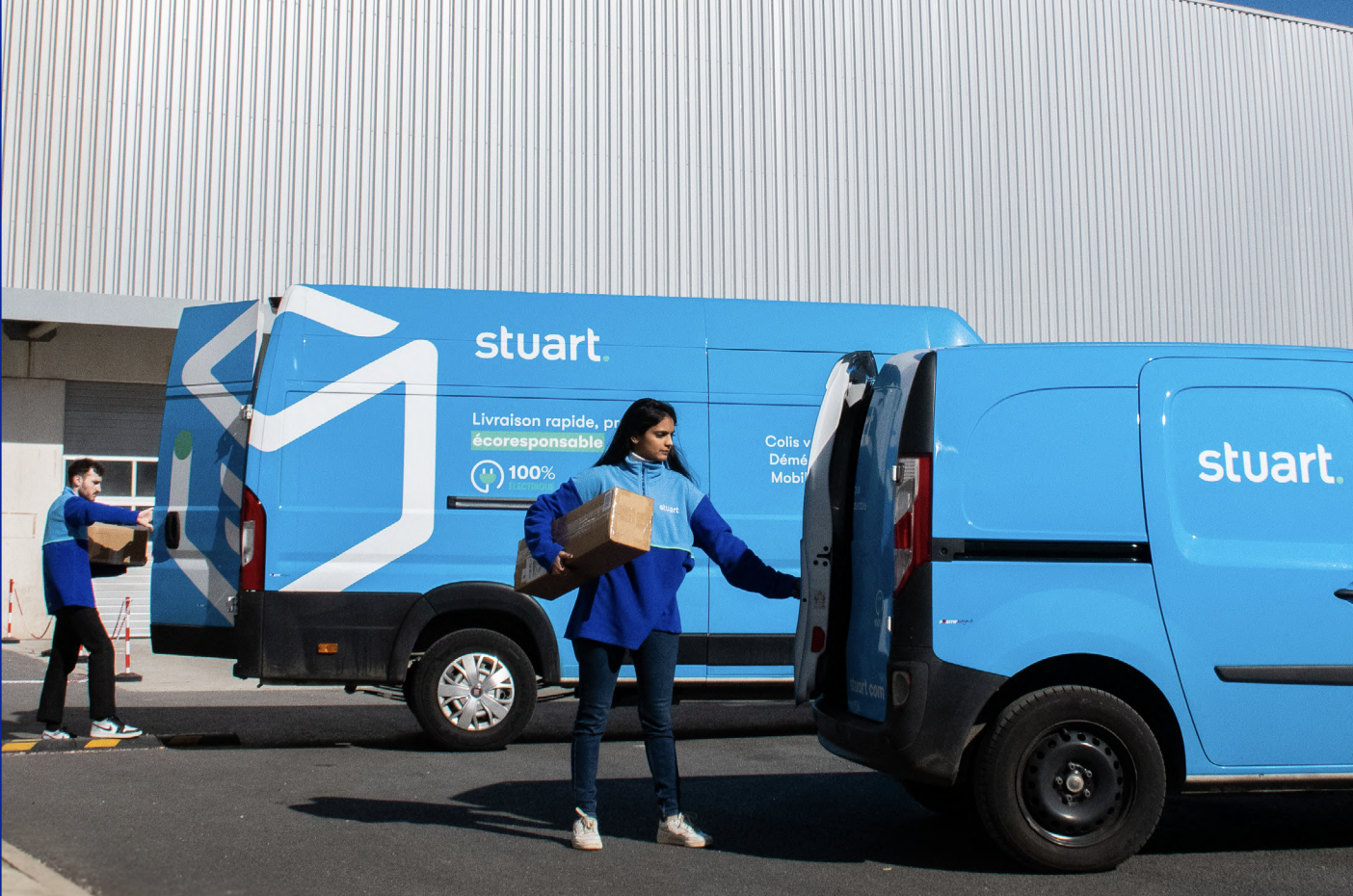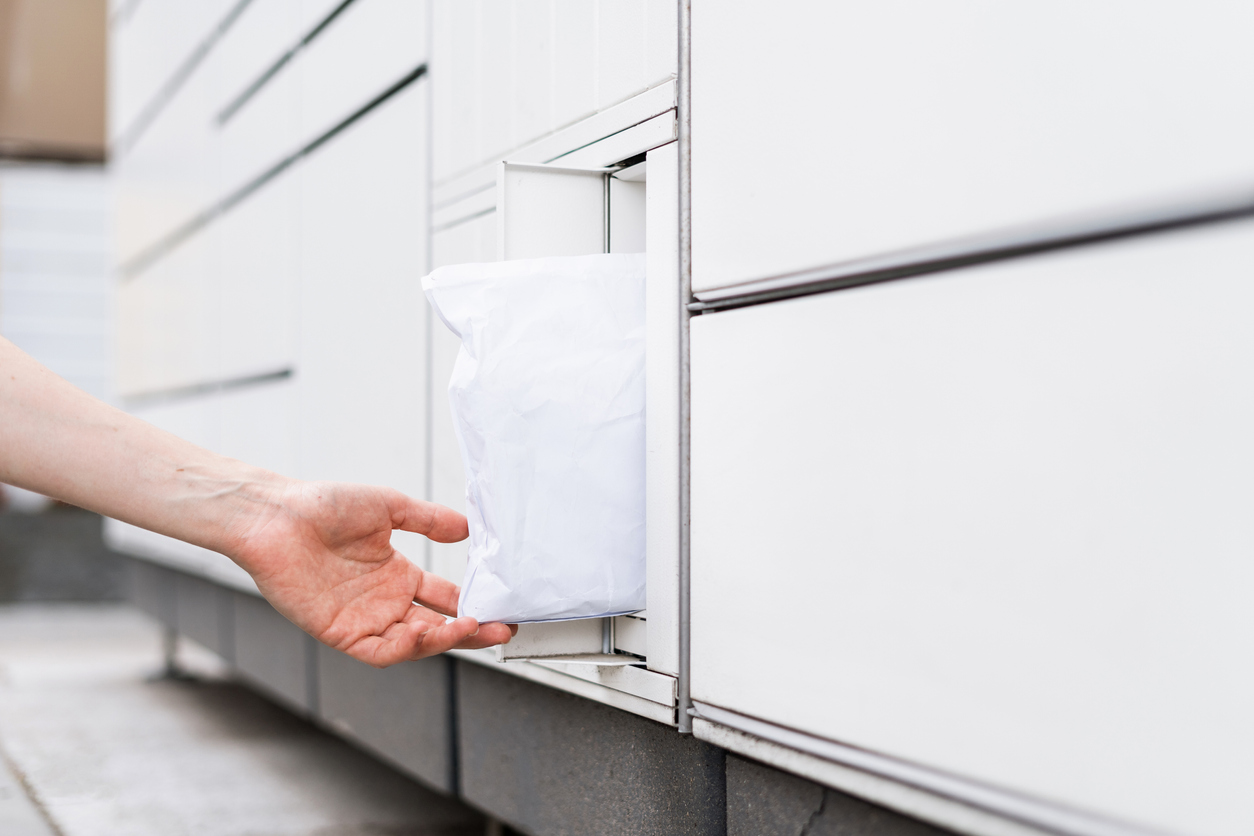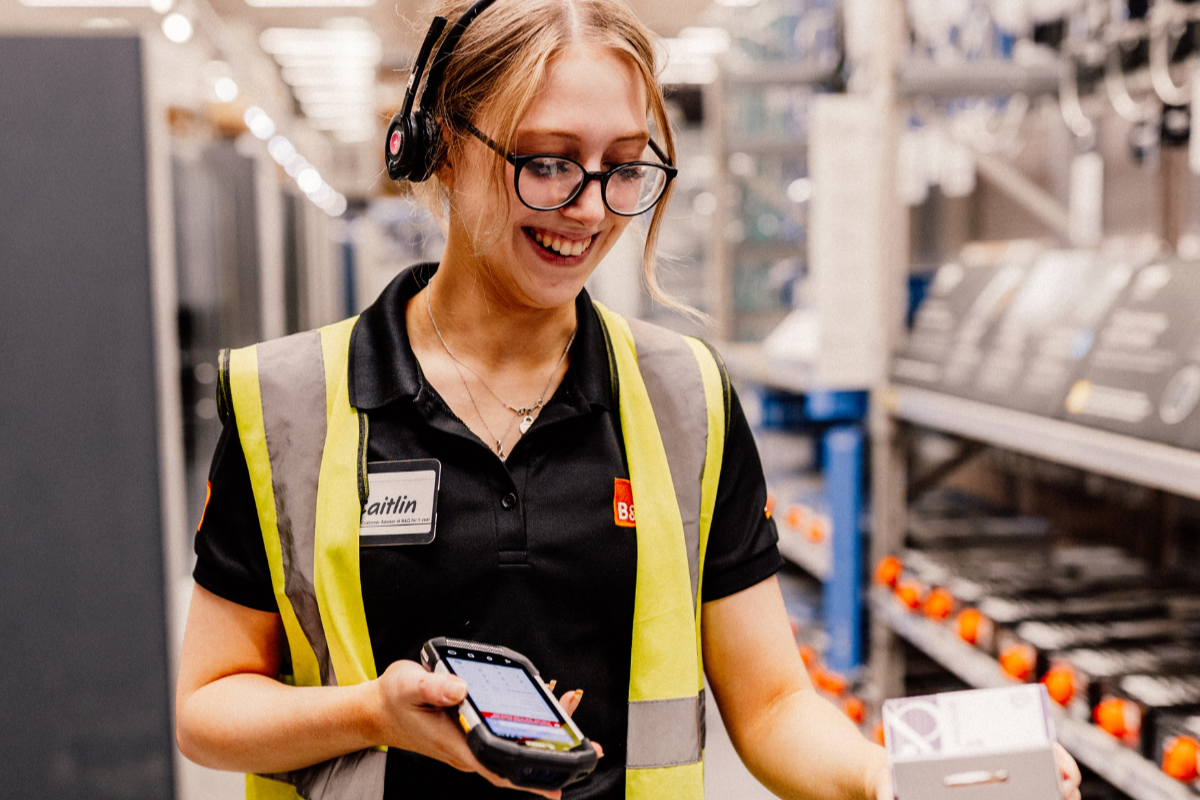The UK government has suggested it may impose a new tax on online retailers as 2018 proves an increasing disastrous year for the country’s high street.
Chancellor of the Exchequer Philip Hammond signalled in an interview with Sky News that he could impose a new tax on online platform businesses based on value generated.
“We want to ensure that taxation is fair between businesses doing business the traditional way and those doing business online,” he said.
Online giants such as Amazon have come under fire for their allegedly low UK tax bills compared to other retailers.
However, the comments also come against the troubling backdrop of increasingly big-name retailers reporting store closures and financial difficulties.
Last week saw House of Fraser go into administration before being bought out for £90 million by Sports Direct owner Mike Ashley.
Marks and Spencer closed seven stores this weekend, part of a “radical transformation plan” which will see over 100 stores closing by 2022 out of the 1035 it operated as of the end of March. The retailer has also scaled back planned new openings, with 15 new Simply Food stores now being abandoned.
Homebase is reportedly set to close 60 stores although it declined to comment on the reports. Poundworld, Maplin and Toys R Us have all gone bankrupt this year.
According to the Centre for Retail Research, the year up to the end of July has seen 1644 stores closed across the UK, compared to 629 in the same period last year.
A recent report from the New Economic Foundation found that the period had seen around 25000 jobs disappearing or at risk, placing a further 8300 jobs in supply chains under threat. It said this adds up to £1.5 billion in lost GDP.
But is simply taxing online retailers – and punishing Amazon – the answer? Not so, according to Emily Salter, Associate Analyst at Global Data. She says: “The limited tax paid by online pureplays like Amazon creates an uneven playing field between these retailers and those with physical stores who face rising costs, including business rates and wage costs. However, this inequality alone cannot be blamed for the recent struggles of high street retailers, such as House of Fraser. Shoppers want to buy from online retailers because they offer greater product choice, lower prices and flexible delivery options.”
She continues: “An ‘Amazon tax’ would not remove the benefits that many online retailers offer versus traditional physical retailers, and could hinder a fast-growing sector of the economy. Additionally, an ‘Amazon tax’ would not decrease the amount that physical retailers are required to pay, especially as they are also absorbing costs of developing and improving their e-commerce systems in order to remain relevant to consumers.”
Despite the struggling high street, online retail has seen booming sales, with the Capgemini IMRG eRetail Sales Index showing sales rising 16.8 percent year-on-year for the first half of the year.
Image credit: Amazon









